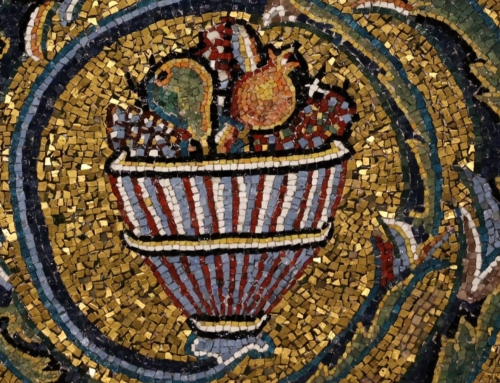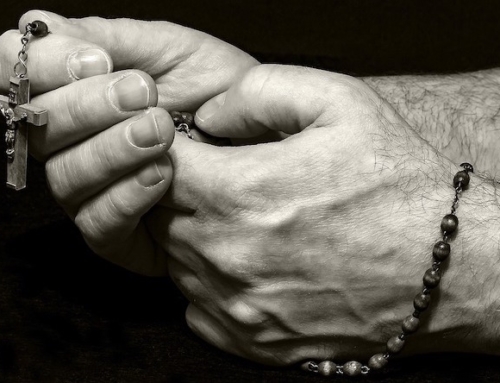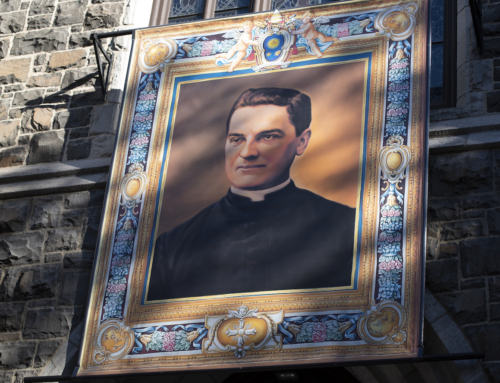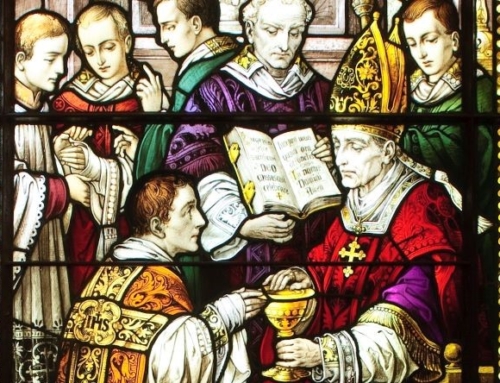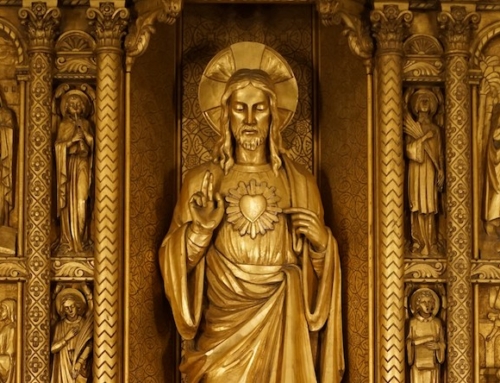The word discernment usually implies privacy.
We often speak of it as an activity that is uniquely my own, as I try to scrutinize God’s will for me, or hear the voice of the Lord speaking within the secret chamber of my heart. The communal dimension to this discernment expands only wide enough to include the judgment of a spiritual director. But even this way of discerning in common with another person has a private aspect, that is, it depends partially on the information that is only available to me through my own experience. When I discern with the aid of a spiritual director, I must let him into the deepest sanctuary of my experience and manifest my conscience to him. Only when the director has joined me in the privacy of my heart can he help to judge what is God’s will for me.
Discernment of the will of God, in this sense, always takes place in secret. But there’s another kind of discernment that happens, not in the secrecy of the inner room, but in the intimacy of the family home.
There’s a special kind of knowledge that exists between family members. It’s a deep understanding that comes from having the same blood, the same history, the same name. Brothers know each other only as brothers can, and mothers see their children with a unique pair of eyes. The kind of mutual understanding that exists in a family can be similar to the private “spiritual director knowledge” mentioned above—sisters confide in each other, and a father gives wise counsel to his sons. But it’s a different kind of intimacy: an intimacy that is shaped not by privacy, but by a life shared together.
This intimacy gives birth to a different kind of discernment—a different approach to self-knowledge and to the discovery of God’s will working in one’s life. Family members play a key role in this kind of discernment, for our family often knows us better than we know ourselves. Mothers and fathers can guide their children in discovering their loves and talents—those natural gifts God has blessed them with. By their own example, older siblings can teach their younger brothers and sisters how to take the first step of responding to God’s blessings. Grandparents teach their grandchildren how to pray, how to ask God to make his will known to them.
People begin to discover the gifts God has given them—and so begin to see God’s will for them—in the loving context of their family relationships. We discover who we are and what we’re meant for through knowing and loving others, beginning with our family members.
This communal dimension of discernment also expands into the life of the Church. As Christians, we discern God’s will in union with the mind of the Church. This is especially true with the discernment of a vocation to the priesthood or religious life. No man discerns his vocation on his own. Rather, he discerns with the Church, seeking God’s will in obedience, under the authority of Holy Mother Church.
The first stages of discerning God’s will do not, then, happen in private, but in common. . .or rather, in communion: the intimate communion of the family home and the holy communion of the Church.



